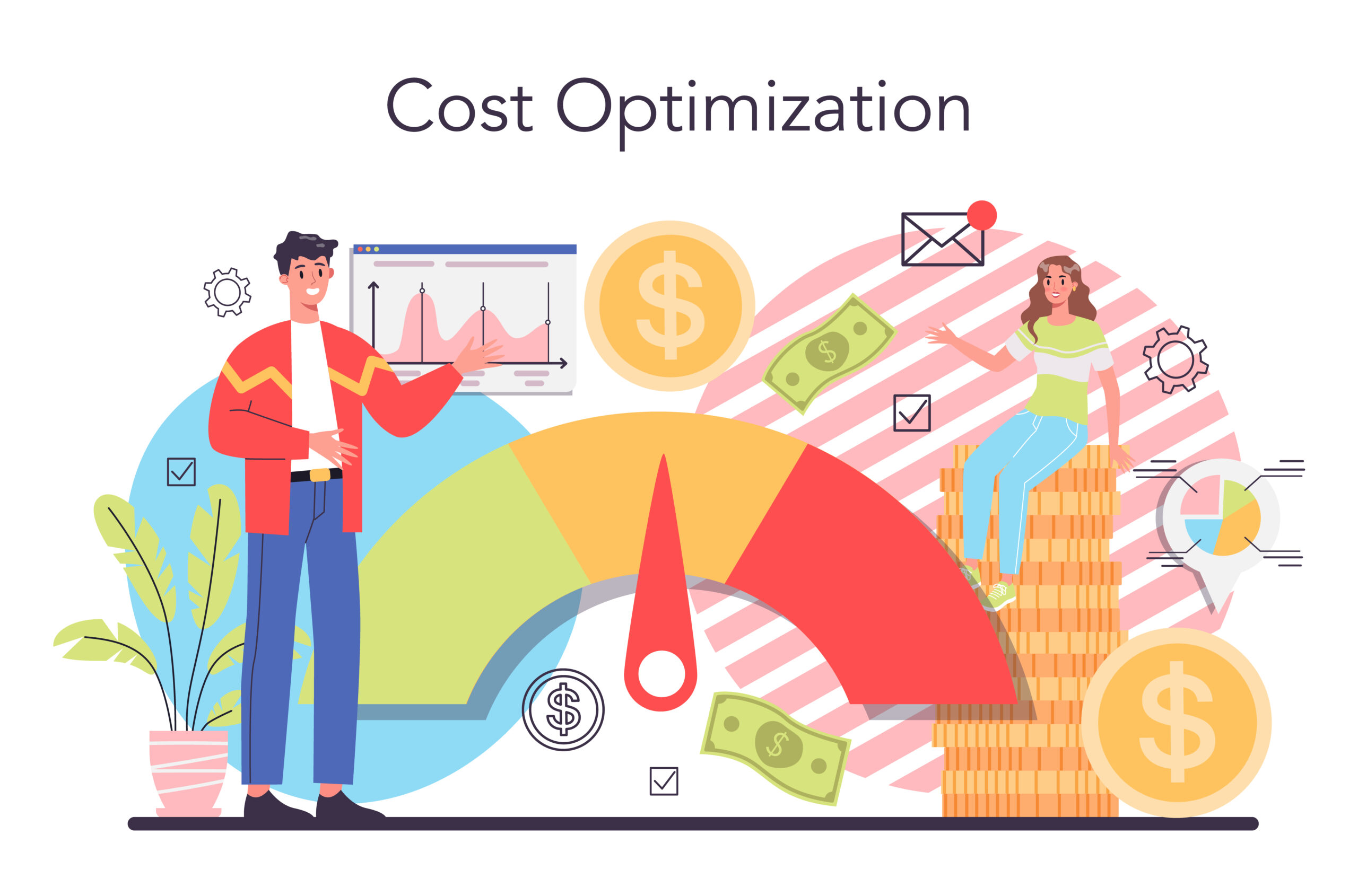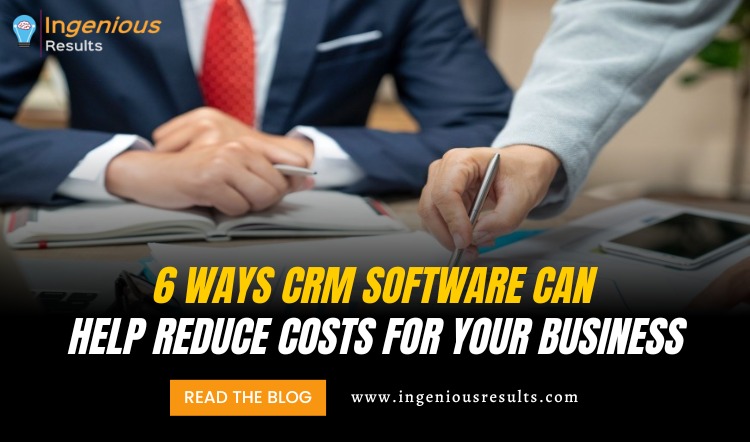The Cost of Not Using CRM: How It Can Hurt Your Business
The Cost of Not Using CRM: How It Can Hurt Your Business

The Cost of Not Using CRM: How It Can Hurt Your Business
In today’s fast-paced business world, staying organized and connected with customers is crucial for success. One tool that can help you achieve this is Customer Relationship Management (CRM) software. But what happens when you don’t use CRM? In this article, we’ll explore the cost of not using CRM and how it can hurt your business.
What is CRM?
Before we dive into the costs, let’s quickly define what CRM is. CRM is a software system that helps businesses manage their interactions with customers, clients, and sales prospects. It allows you to store customer data, track interactions, and analyze sales performance. With CRM, you can better understand your customers, identify opportunities, and close deals faster.
The Cost of Not Using CRM
Not using CRM can lead to a range of problems that can hurt your business. Here are some of the key costs you might incur:
- Lost Sales
When you don’t have a CRM system in place, it’s easy to lose track of leads and sales opportunities. You might miss follow-up calls, forget to send important emails, or fail to respond to customer inquiries. This can lead to lost sales and revenue.
For example, let’s say you’re a salesperson at a tech company. You meet a potential customer at a trade show, and they’re interested in learning more about your product. If you don’t have a CRM system, you might not follow up with them right away, and they might lose interest or choose a competitor instead.

Cost: $10,000 – $50,000 per year (depending on the size of your business)
- Poor Customer Service
Without CRM, you might struggle to provide excellent customer service. You might not have a record of previous interactions, which can make it harder to resolve customer issues. You might also fail to personalize your interactions, which can lead to disappointment and frustration.
For instance, let’s say a customer calls your company with a complaint about their product. If you don’t have a CRM system, you might not be able to access their purchase history or previous interactions, making it harder to resolve the issue.
Cost: $5,000 – $20,000 per year (depending on the size of your business)
- Inefficient Sales Process
CRM helps you streamline your sales process by automating routine tasks and providing insights into customer behavior. Without CRM, your sales team might spend more time on administrative tasks and less time on selling.
For example, let’s say your sales team spends 30 minutes per day on data entry and manual reporting. With CRM, they could automate these tasks and focus on sales calls, meetings, and demos.
Cost: $20,000 – $50,000 per year (depending on the size of your business)
- Poor Data Quality
When you don’t use CRM, you might not have a single source of truth for your customer data. This can lead to duplicated, outdated, or incorrect information, which can hurt your sales and marketing efforts.
For instance, let’s say your company has multiple databases with customer information. Without CRM, you might not be able to integrate these databases, leading to duplicated records and incorrect information.
Cost: $5,000 – $10,000 per year (depending on the size of your business)
- Stagnant Growth
Not using CRM can limit your business growth. Without insights into customer behavior and sales performance, you might not be able to make informed decisions about new products, services, or markets.
For example, let’s say you’re a startup with a small sales team. Without CRM, you might not be able to track sales performance, identify opportunities, or adjust your sales strategy.
Cost: $20,000 – $100,000 per year (depending on the size of your business)
How to Get Started with CRM
If you’re interested in using CRM, here are some steps to get started:
- Research CRM Systems
There are many CRM systems available, so it’s essential to research your options. Look for systems that offer ease of use, scalability, and customization.
- Define Your Requirements
Before you choose a CRM system, define your requirements. Consider your sales process, customer interactions, and data needs.
- Choose a CRM System
Based on your research and requirements, choose a CRM system that fits your needs.
- Implement the System
Once you’ve chosen a CRM system, implement it. This might involve integrating it with existing systems, training your team, and customizing the system.
- Monitor and Optimize
After you’ve implemented the CRM system, monitor its performance and optimize it as needed.
Conclusion
Not using CRM can lead to a range of problems that can hurt your business. From lost sales and poor customer service to inefficient sales processes and poor data quality, the costs can add up quickly. By using CRM, you can streamline your sales process, improve customer service, and drive growth.
Whether you’re a small business or a large corporation, CRM can help you achieve your goals. So, why not get started today and see the benefits for yourself?
Key Takeaways
- Not using CRM can lead to lost sales, poor customer service, inefficient sales processes, poor data quality, and stagnant growth.
- CRM can help you streamline your sales process, improve customer service, and drive growth.
- Researching and choosing the right CRM system is essential for success.
- Implementing and optimizing CRM can take time and effort, but the benefits are worth it.
FAQs
Q: What is CRM?
A: CRM stands for Customer Relationship Management. It’s a software system that helps businesses manage their interactions with customers, clients, and sales prospects.
Q: How does CRM help businesses?
A: CRM helps businesses by streamlining their sales process, improving customer service, and driving growth.
Q: What are the costs of not using CRM?
A: The costs of not using CRM include lost sales, poor customer service, inefficient sales processes, poor data quality, and stagnant growth.
Q: How do I get started with CRM?
A: To get started with CRM, research CRM systems, define your requirements, choose a CRM system, implement it, and monitor and optimize its performance.
Q: What are some popular CRM systems?
A: Some popular CRM systems include Salesforce, HubSpot, Zoho, and Microsoft Dynamics.
